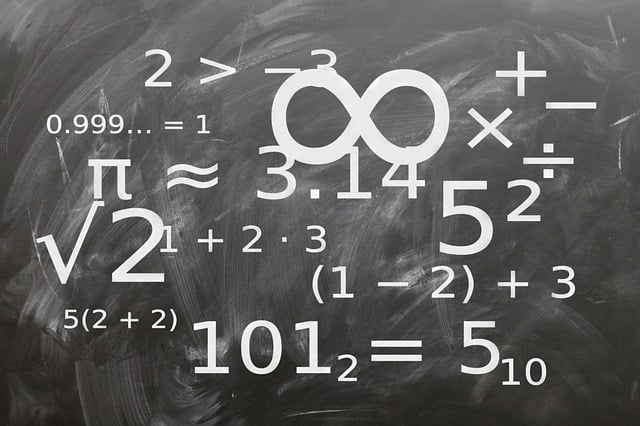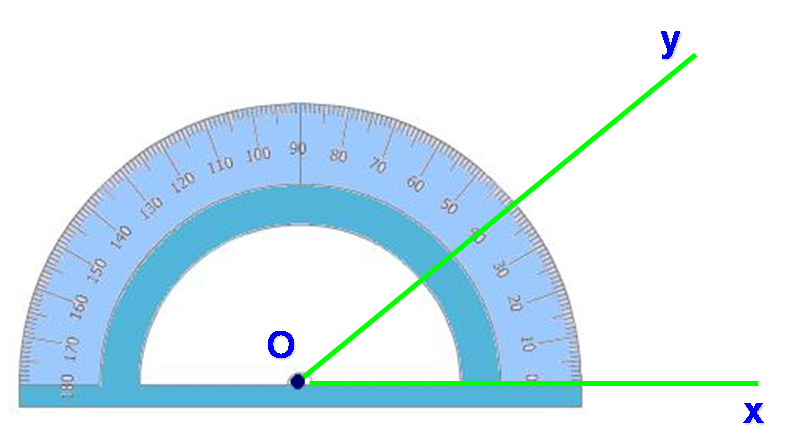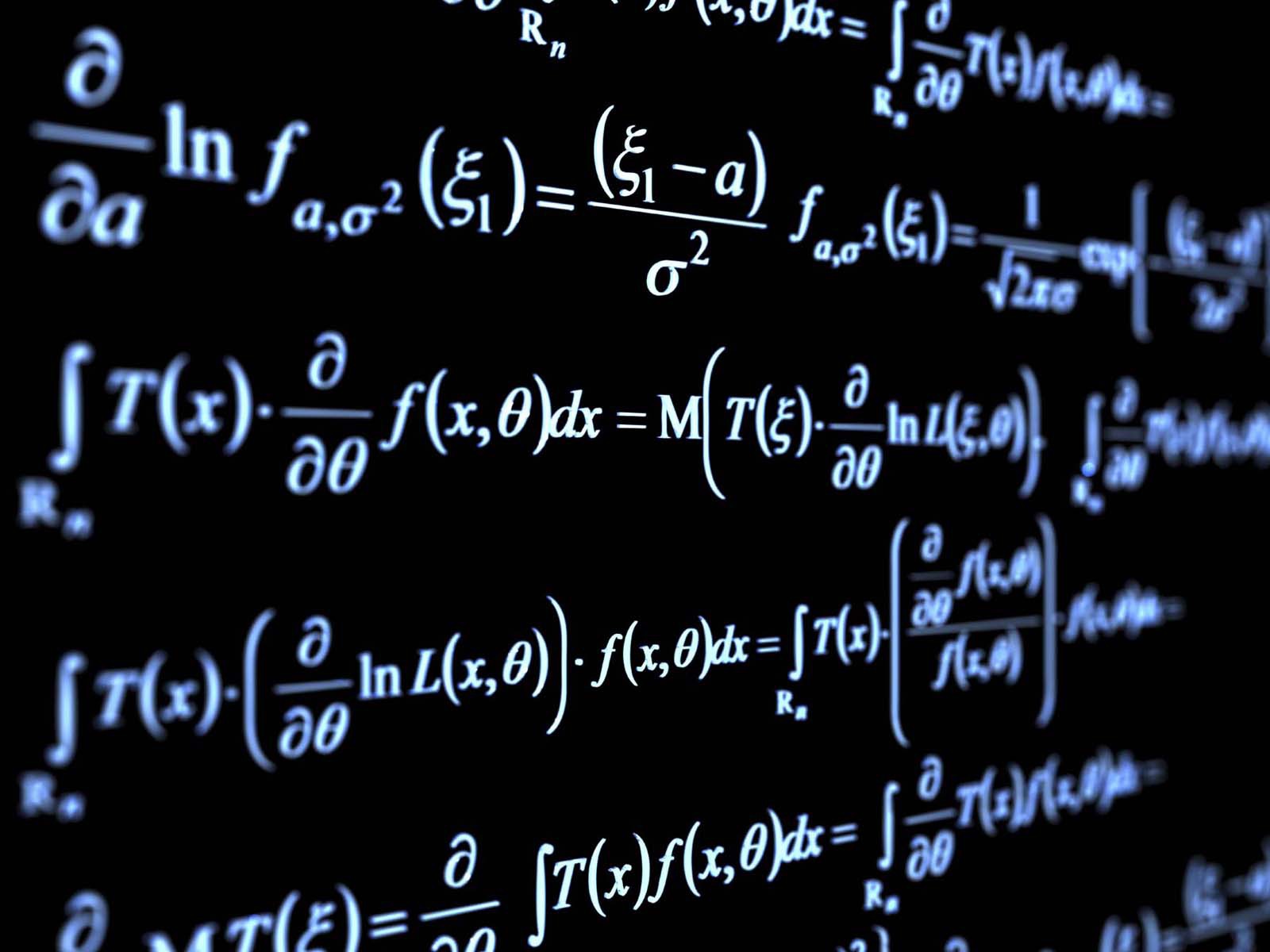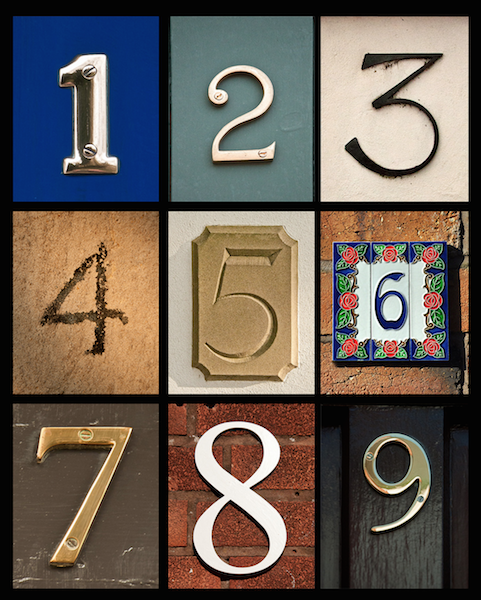We at PrepScholar believe in providing you with the highest quality ACT study material. We've put together a detailed, entirely free guide for your ACT math prep right here. This is the best, most comprehensive guide to the ACT Math section available anywhere. To make this article, we brought all of our top ACT Math guides together in one place.
The path to mastering the ACT is challenging, but if you're dedicated to doing your best on the test and are ready to commit your time and energy to improving your score, using our guides can help you reach your greatest potential!
























